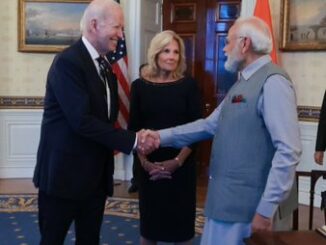
New York (TIP): During the second day of the High-level Debate of the 67th session UN General Assembly (UNGA), several speakers expressed commitments to address climate change. Others expressed concerns about the effects of climate change on vulnerable States and highlighted the potential for climate change to contribute to conflicts.
Felipe Calderón Hinojosa, President of Mexico, expressed Mexico’s commitment to tackle climate change, and emphasized that countries can simultaneously mitigate climate change impacts and tackle poverty. Viktor Yanukovych, President of Ukraine, recognized climate change as a priority task, noting Ukraine’s voluntary commitments to reduce its greenhouse gas (GHGs) emissions 20% by 2020.
Henri, Grand Duke of Luxembourg, stated that while progress had been made at the UNFCCC meetings, more commitments were needed to reduce carbon emissions and mobilize financial and technological resources for adaptation among the most vulnerable countries, particularly the least developed countries (LDCs), the Landlocked Developing Countries and the small island developing States (SIDS). Mario Monti, Prime Minister of Italy, also expressed concern for the future of the most vulnerable countries, particularly small island States. He said all countries have a joint responsibility to address climate change, including the sustainable development of oceans and the preservation of their biodiversity, ecosystems and resilience. Cheick Modibo Diarra, President of Mali, noted the effects of climate change on both ecosystems and livelihoods, particularly in vulnerable countries. Anote Tong, President of Kiribati, described climate change as “the greatest moral challenge of our time.” He stressed the need for urgent, intensified action to address climate change and sea level rise, noting the threats it poses to the long-term survival of Kiribati and the world. He also called for development assistance on adaptation.
King Mswati III of Swaziland called for the adoption of environmentally-friendly technologies to address climate change concerns and welcomed commitments made under the Sustainable Energy for All (SE4ALL) Initiative.
Some speakers noted connections between climate change and conflict. Mwai Kibaki, President of Kenya, underlined that strengthening global institutions on biodiversity, climate change and environment were critical in avoiding conflicts and disputes. Julia Gillard, Prime Minister of Australia, noted that climate change threatens food security, affecting development. Titus Corlatean, Minister of Foreign Affairs of Romania, said climate change has affected water availability, and urged action to avoid the potential for future conflicts over lack of water resources.




Be the first to comment